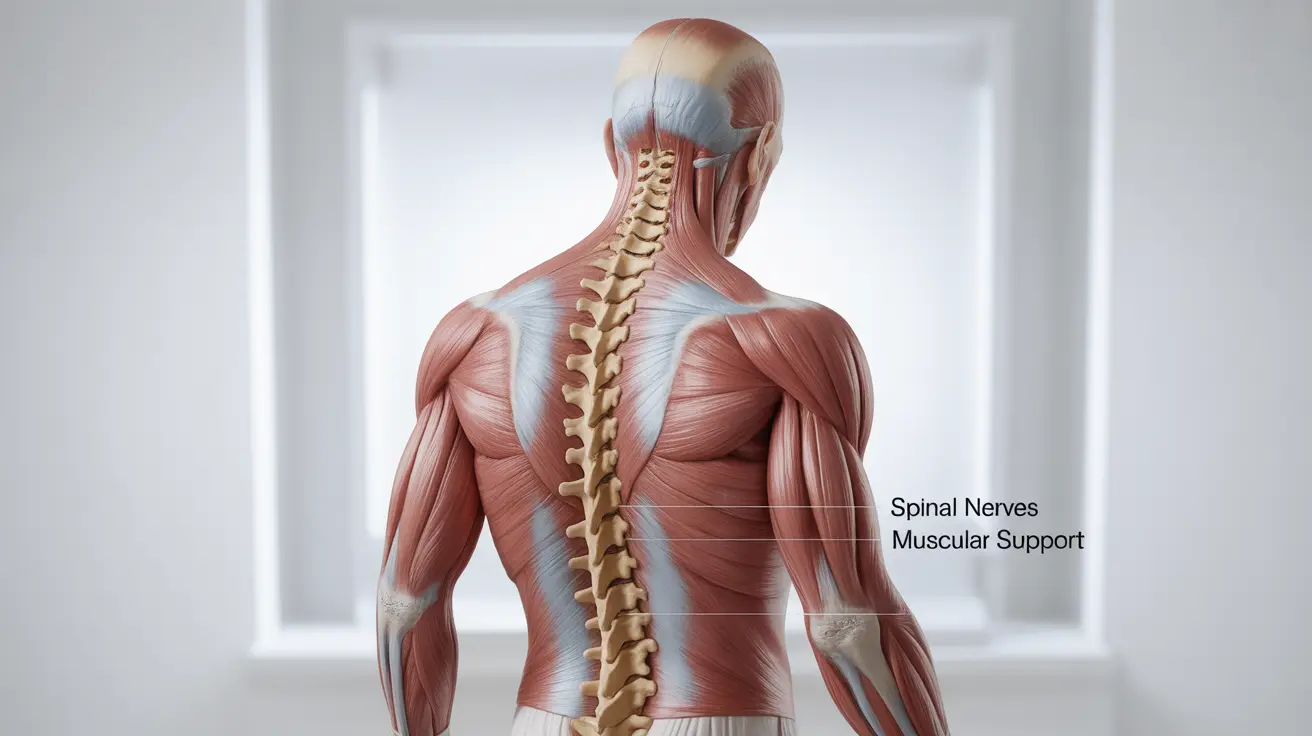Back pain following an epidural procedure is a concern that many patients face, particularly women who receive epidural anesthesia during childbirth. While this discomfort is generally temporary, understanding its causes, typical duration, and warning signs can help manage expectations and ensure appropriate care.
This comprehensive guide explores the relationship between epidural procedures and back pain, helping you distinguish between normal post-procedure discomfort and situations that may require medical attention.
Common Causes of Post-Epidural Back Pain
Back pain after an epidural can occur for several reasons, and not all of them are directly related to the procedure itself. Understanding these causes can help put your mind at ease:
Direct Procedure-Related Causes
- Tissue inflammation around the injection site
- Bruising from the needle insertion
- Local muscle strain from the positioning during insertion
- Temporary nerve irritation
Indirect Contributing Factors
- Changes in posture during labor and delivery
- Muscle strain from pushing during childbirth
- Physical stress from pregnancy and delivery
- Return to normal activity too quickly after the procedure
Duration and Recovery Timeline
The timeline for back pain after an epidural varies among individuals, but there are some general patterns:
Short-Term Discomfort
- Immediate soreness at the injection site (1-2 days)
- Mild to moderate back pain (3-7 days)
- Localized tenderness (up to 2 weeks)
Long-Term Considerations
Most patients experience complete resolution of symptoms within a few weeks. Persistent pain beyond this period should be evaluated by a healthcare provider.
Managing Post-Epidural Back Pain
Several strategies can help alleviate discomfort during the recovery period:
Self-Care Measures
- Gentle stretching exercises
- Proper posture maintenance
- Warm or cold compresses
- Over-the-counter pain relievers (as approved by your healthcare provider)
Professional Care Options
- Physical therapy
- Massage therapy
- Postpartum recovery programs
- Medical evaluation if pain persists
Warning Signs and When to Seek Help
While some discomfort is normal, certain symptoms warrant immediate medical attention:
Red Flags
- Severe or worsening back pain
- Numbness or tingling in legs
- Fever or chills
- Difficulty controlling bladder or bowels
- Headaches that worsen when sitting up
Frequently Asked Questions
How common is back pain after an epidural and how long does it usually last?
Back pain after an epidural is relatively common, affecting roughly 10-40% of patients. Most cases resolve within 1-2 weeks, though some patients may experience mild discomfort for up to a month.
Can epidural anesthesia cause permanent or chronic back pain after childbirth?
Permanent or chronic back pain solely from an epidural is extremely rare. Most long-term back pain after childbirth is related to other factors such as pregnancy-related changes, labor positioning, or pre-existing conditions.
What are the typical symptoms of back pain related to epidural injections?
Common symptoms include localized soreness at the injection site, mild to moderate back pain, and temporary stiffness. These symptoms typically improve with time and basic pain management strategies.
What causes back pain after an epidural if it is not directly from the epidural itself?
Many factors can contribute to back pain post-delivery, including muscle strain from labor, postural changes during pregnancy, physical stress from delivery, and the body's natural recovery process.
When should I see a doctor about back pain after receiving an epidural?
Seek medical attention if you experience severe or worsening pain, numbness or tingling in your legs, fever, difficulty controlling bladder or bowels, or headaches that worsen when sitting up. These symptoms may indicate complications requiring immediate evaluation.




